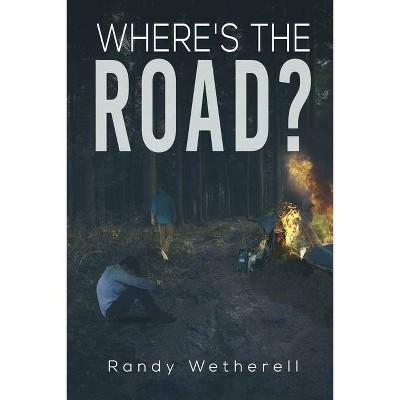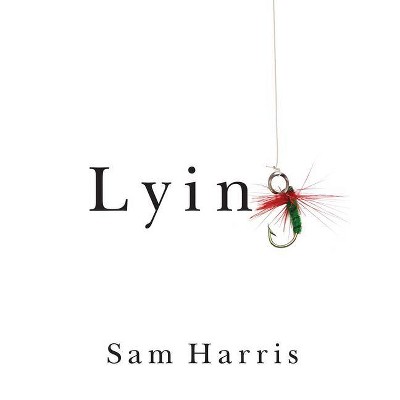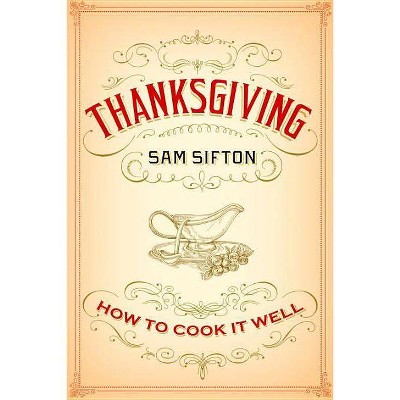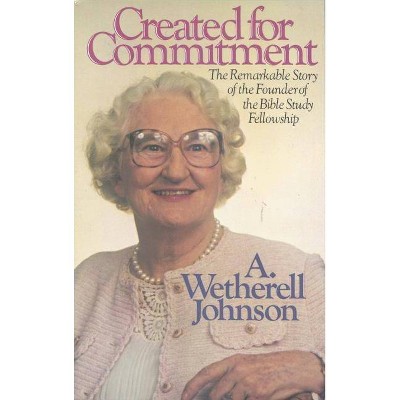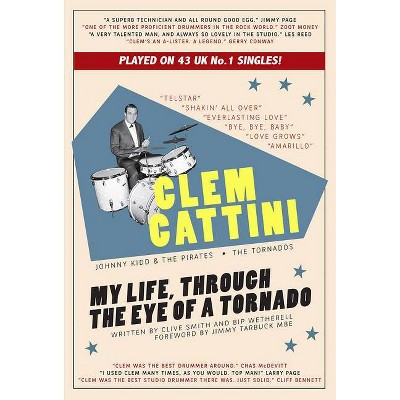Foundations - by Sam Wetherell (Hardcover)
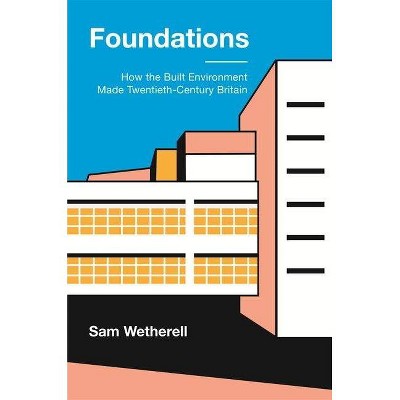
Similar Products
Products of same category from the store
AllProduct info
<p/><br></br><p><b> About the Book </b></p></br></br>"This book is a history of the British built environment from the late nineteenth century to the present. Unlike other urban histories of Britain, the book shows how the city helped produce rather than merely reflect the major intellectual and ideological currents that transformed its recent history. Each chapter of the book tells the story of a different type of urban space in Britain. The first part of the book traces the emergence of the industrial trading estate, the shopping center and the council estate. The second part shows how these three forms mutated into the private block of flats, the out-of-town shopping mall and the suburban office park. The story of these six forms touches on histories of criminology, histories of energy and heating, histories of consumerism and the history of housework and takes the reader to almost every major British city as well as to the United States, Singapore and the Britain's Empire in West Africa. Urban history in Britain has been dormant for too long and its hoped that this book will reignite the field. As the author explains, Foundations will be the first, comprehensive and academic history of Britain's modern built environment and thus will have a large and enduring readership both within and outside the academy"--<p/><br></br><p><b> Book Synopsis </b></p></br></br><p><b>An urban history of modern Britain, and how the built environment shaped the nation's politics</b> <p/><i>Foundations </i>is a history of twentieth-century Britain told through the rise, fall, and reinvention of six different types of urban space: the industrial estate, shopping precinct, council estate, private flats, shopping mall, and suburban office park. Sam Wetherell shows how these spaces transformed Britain's politics, economy, and society, helping forge a midcentury developmental state and shaping the rise of neoliberalism after 1980. <p/>From the mid-twentieth century, spectacular new types of urban space were created in order to help remake Britain's economy and society. Government-financed industrial estates laid down infrastructure to entice footloose capitalists to move to depressed regions of the country. Shopping precincts allowed politicians to plan precisely for postwar consumer demand. Public housing modernized domestic life and attempted to create new communities out of erstwhile strangers. In the latter part of the twentieth century many of these spaces were privatized and reimagined as their developmental aims were abandoned. Industrial estates became suburban business parks. State-owned shopping precincts became private shopping malls. The council estate was securitized and enclosed. New types of urban space were imported from American suburbia, and planners and politicians became increasingly skeptical that the built environment could remake society. With the midcentury built environment becoming obsolete, British neoliberalism emerged in tense negotiation with the awkward remains of built spaces that had to be navigated and remade. <p/>Taking readers to almost every major British city as well as to places in the United States and Britain's empire, <i>Foundations</i> highlights how some of the major transformations of twentieth-century British history were forged in the everyday spaces where people lived, worked, and shopped.</p><p/><br></br><p><b> Review Quotes </b></p></br></br><br>Shortlisted for the Alice Davis Hitchcock Medallion, Society of Architectural Historians of Great Britain<br><br>[A] brilliant new history. . . . A highly convincing book, with the sort of clarity and panoramic scope that is too often, in books on this subject, lost in architectural and decorative minutiae.<b>---Owen Hatherley, <i>Tribune Magazine</i></b><br><br>An academic modernist sees opportunity in disruption.<b>---John Gapper, <i>Financial Times</i></b><br><p/><br></br><p><b> About the Author </b></p></br></br><b>Sam Wetherell</b> is lecturer in the history of Britain and the world at the University of York. Twitter @samwetherell
Price History
Cheapest price in the interval: 35.49 on October 23, 2021
Most expensive price in the interval: 35.49 on November 8, 2021
Price Archive shows prices from various stores, lets you see history and find the cheapest. There is no actual sale on the website. For all support, inquiry and suggestion messagescommunication@pricearchive.us

